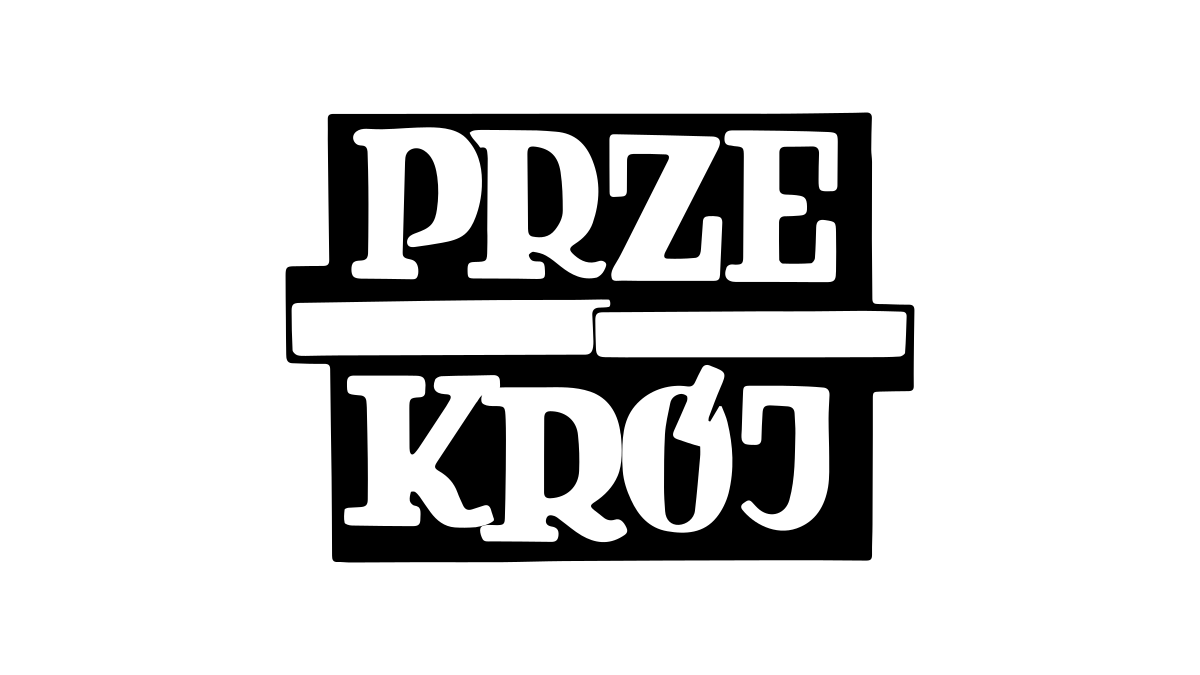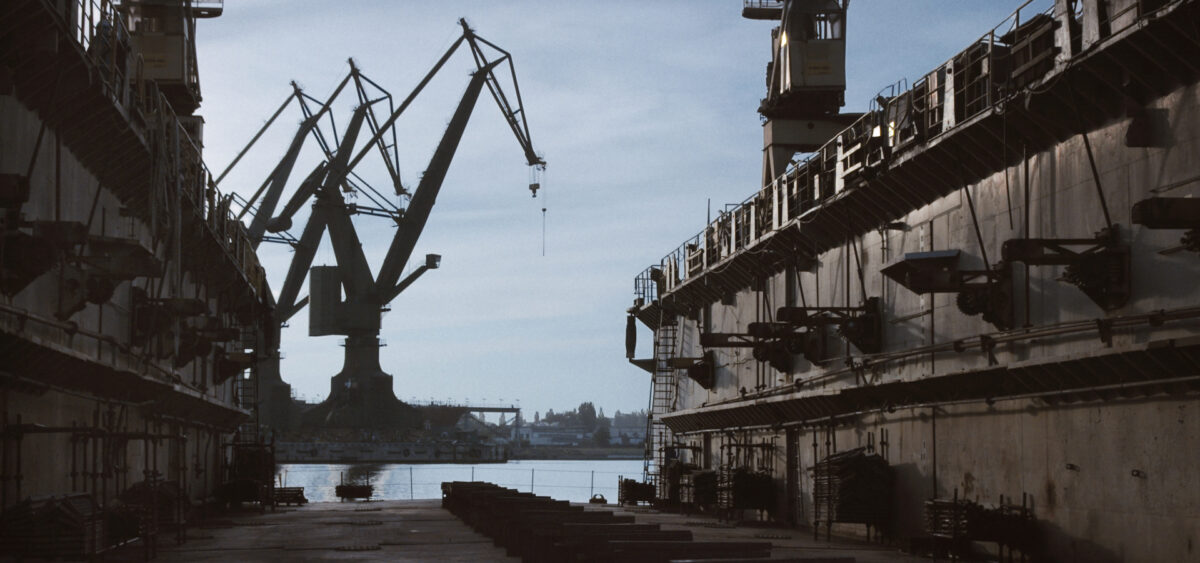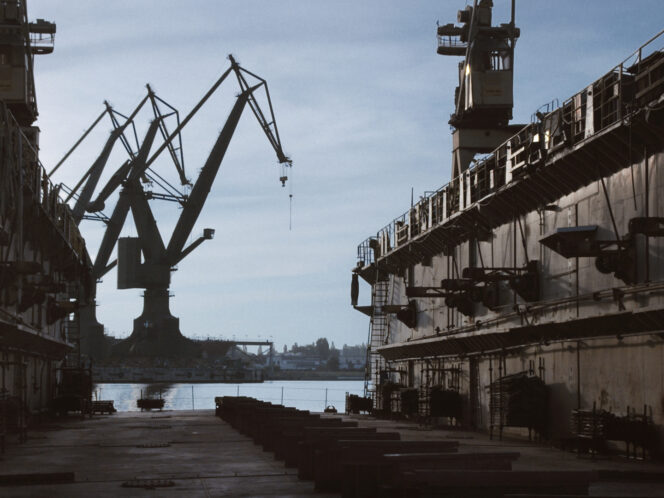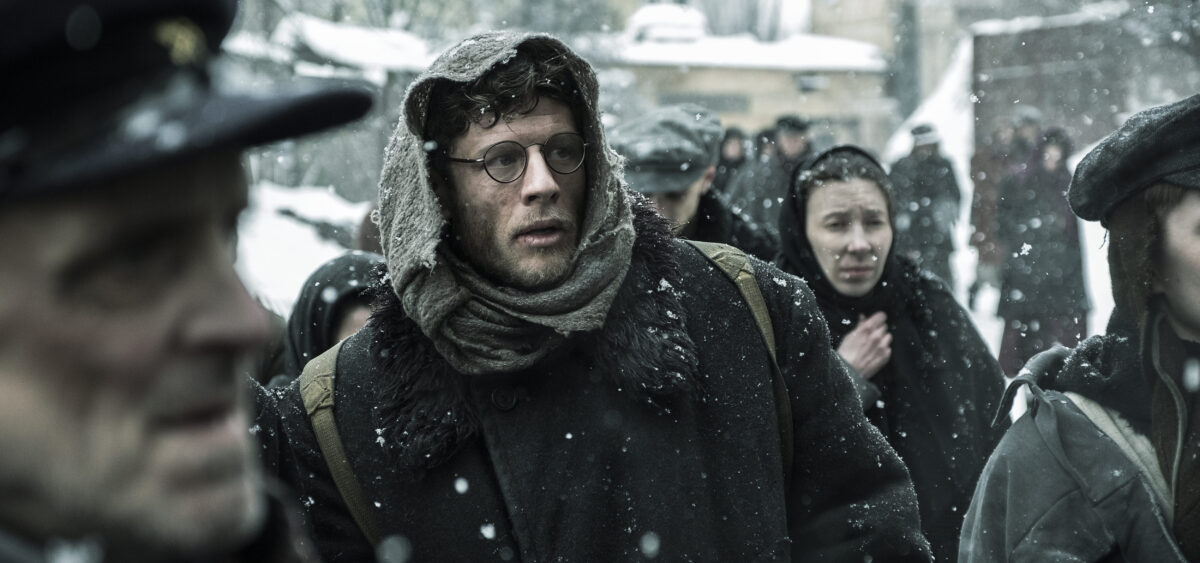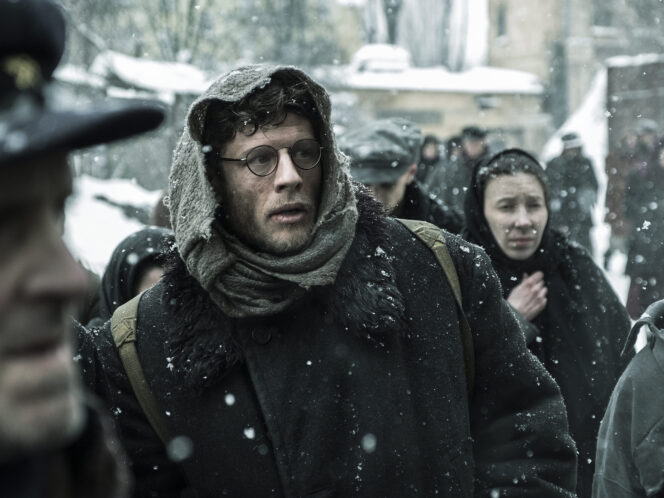
“I don’t believe in objective historical truth. You have to discover history each and every year, search for new ways to understand its different aspects, and try to integrate everything you find into what you had already known, or at least you thought you knew.” Dariusz Kuźma talks with Swiss journalist and filmmaker Andreas Hoessli about his documentary The Naked King: 18 Fragments on Revolution, in which he explores the various social and political contexts of the Iranian Revolution of 1979, as well as the 1980s Solidarity movement in Poland.
Dariusz Kuźma: You witnessed the birth of the Solidarity movement first-hand. How did you find yourself in Poland at the end of 1970s?
Andreas Hoessli: I was young and curious, I wanted to experience this other, mysterious world outside of the Western side of the Iron Curtain. As it happened, I had a dissertation project and I could apply for a postgraduate scholarship granted as a part of the exchange programme between Switzerland and Poland. I was successful and could travel to your country, first for one year only, but
